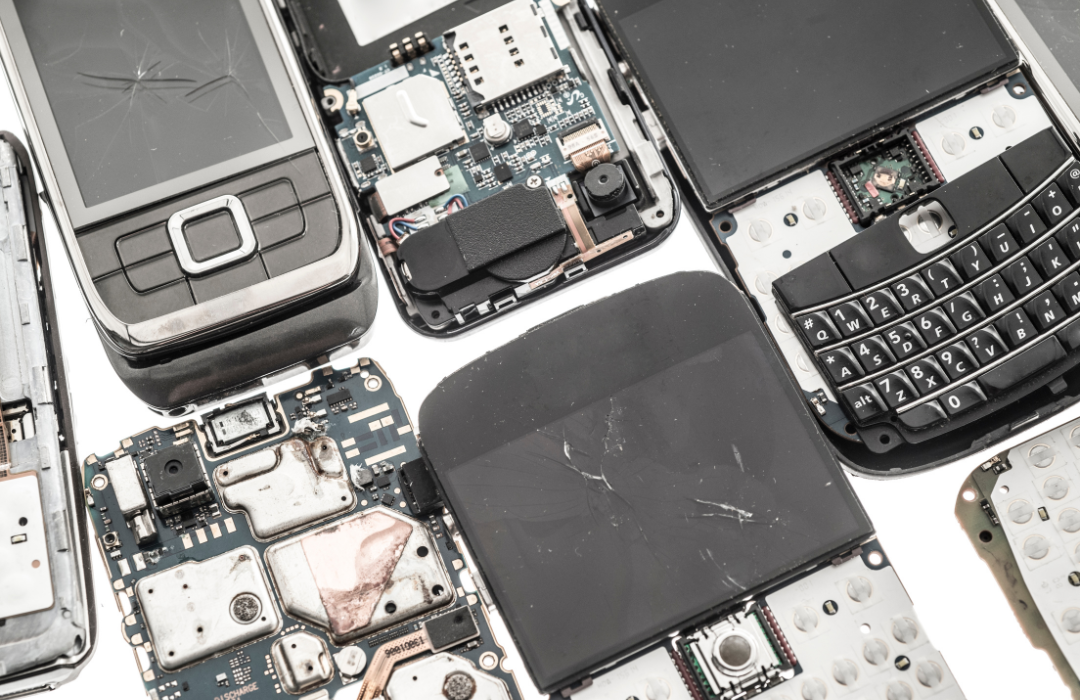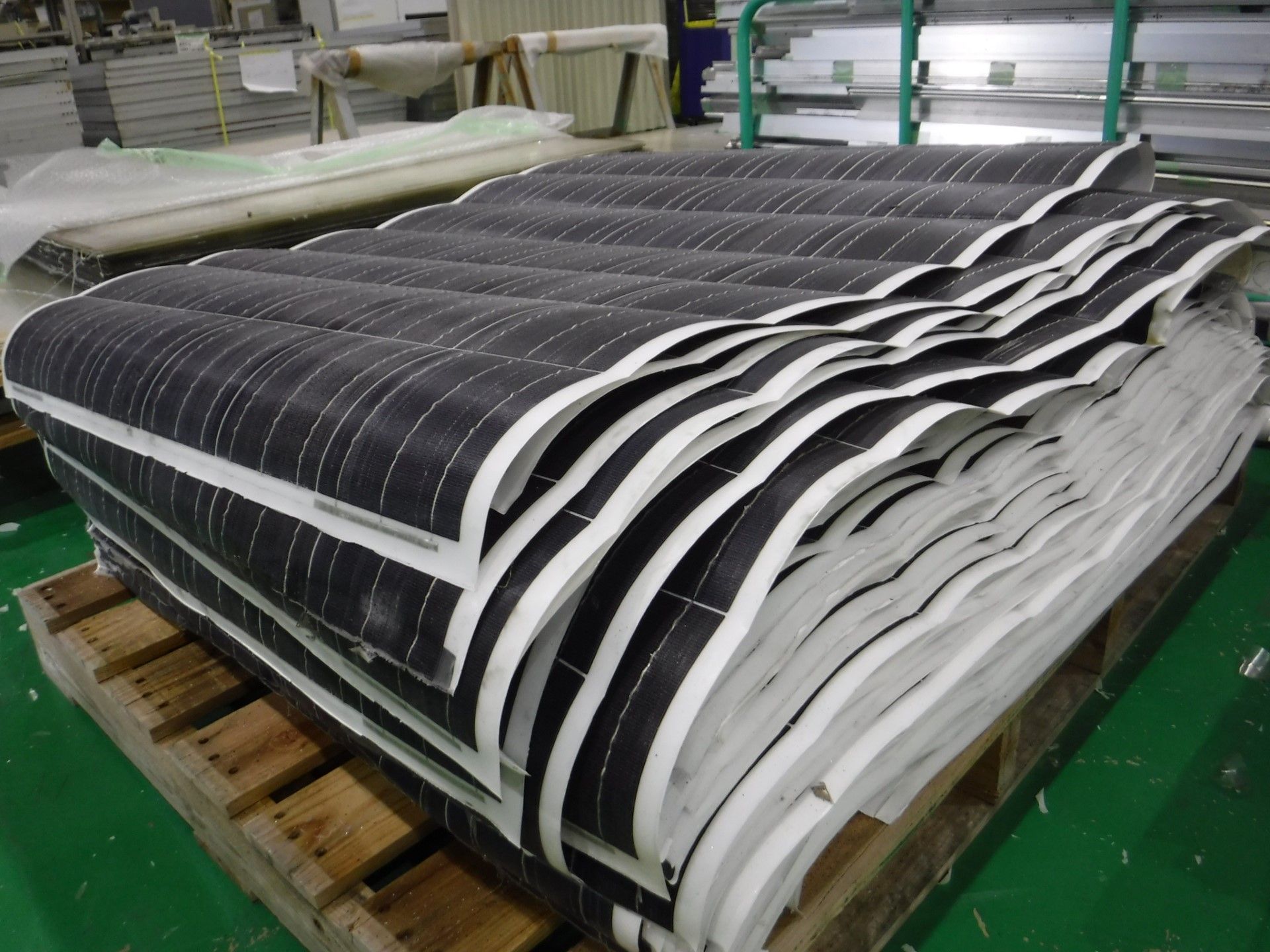22. 1. 2026
EU Batteries Regulation: Latest Information on the Implementation Process
Following our information from August last year concerning the new Batteries Regulation EPaR (EU) No 2023/1542 on batteries and waste batteries, which amends Directive 2008/98/EC and Regulation (EU) 2019/1020 and repeals Directive 2006/66/EC (hereinafter the “Batteries Regulation”), in particular Chapter VIII on Extended Producer Responsibility, which entered into force on 18 August 2025, we would […]
16. 12. 2025
EU Introduces New Ecodesign Rules for External Power Supplies: Towards Common Chargers and Higher Efficiency
The European Commission has adopted revised ecodesign requirements for external power supplies (EPS), a product group with more than 400 million units placed on the EU market annually. The new rules aim to improve consumer convenience while significantly increasing energy and resource efficiency. Manufacturers will have a transition period of three years to adapt to […]
31. 10. 2025
Reporting of electrical equipment
Dear Business Parter, We hereby notify you of a change pursuant to Article III points 3.1.6 and 3.6 and Article XIX point 19.1.1 of the Agreement on Performance of Specified Obligations in Part B. – Statement of producer of electrical and electronic equipment placed on the market in the Slovak Republic (hereinafter referred to as […]
18. 9. 2025
New obligations for battery producers from 18 August 2025
Starting 18 August 2025, new rules according to the Regulation concerning Batteries and Waste Batteries (Chapter VIII – Management of Waste Batteries) will come into effect which will have a major impact on battery producers, importers and distributors. The aim of the regulation is to increase the collection, recycling and responsible management of batteries at […]
19. 2. 2025
The Packaging and Packaging Waste Regulation Has Been Published in the EU Official Journal
After an intensive legislative process, during which the EU Council approved new rules to reduce waste and promote the reuse of packaging in the EU, the Packaging and Packaging Waste Regulation was published in the EU Official Journal on January 22, 2025, thus concluding the legislative process. The regulation will enter into force twenty days […]
29. 7. 2024
A record was set in collecting mobile phones. Schools collected nearly 30,000 of them.
Recyklohry, an educational program by the producer responsibility organization ASEKOL SK, and Orange Slovensko have teamed up again to bring the excitement of collecting old, unused mobile phones to schools. The collected phones will not end up in landfills; instead, thanks to this initiative, the materials contained in the phones will get a second chance. […]
30. 5. 2024
Portable batteries according to Regulation concerning batteries and waste batteries
„Portable battery“ according to new Regulation, means a battery that is sealed, weighs 5 kg or less, is not designed specifically for industrial use and is neither an electric vehicle battery, an LMT battery, nor an SLI battery. THe only difference from the previous meaning is weight limit supplement. The new concept is implemented, i.e. […]
Regulation proposal about Ecodesign
In May 2023, the Council of the EU adopted a position on a proposal for a regulation setting ecodesign requirements for sustainable products. The issue of Ecodesing needs to be addressed at the very inception of products, when they are designed. The Ecodesign Regulation should ensure that products sold in the EU are truly sustainable, […]
26. 3. 2024
The WEEE Waste Directive is about to undergo a major change. The EU Council has adopted changes.
On 4 March 2024, the EU Council adopted changes to the WEEE legislation 2012/19/EU on waste electrical and electronic equipment (e.g. computer, washing machine, photovoltaic panels). The reason for the change to the WEEE Directive is the 2022 CJEU ruling on the partial invalidity of the Directive due to the unjustified retroactive application of extended […]
New chance for waste photovoltaic panels
A member of the ASEKOL Group, Technoworld a.s., a WEEE labex certified company, is one of the major solar panel processors in the Czech Republic. Technoworld a.s. has recently purchased a new Japanese innovative technology for recycling solar panels. The main advantage of this new technology is that it can remove the glass from the […]

